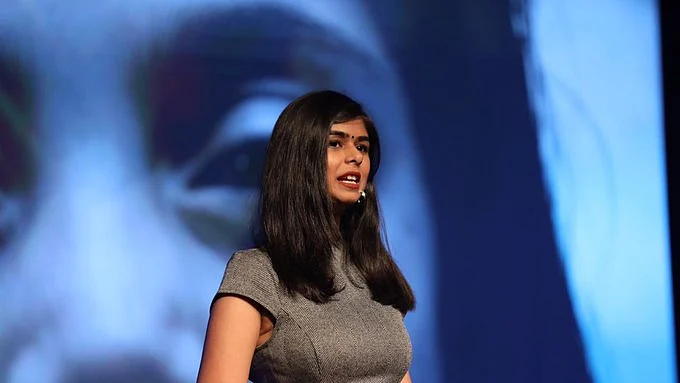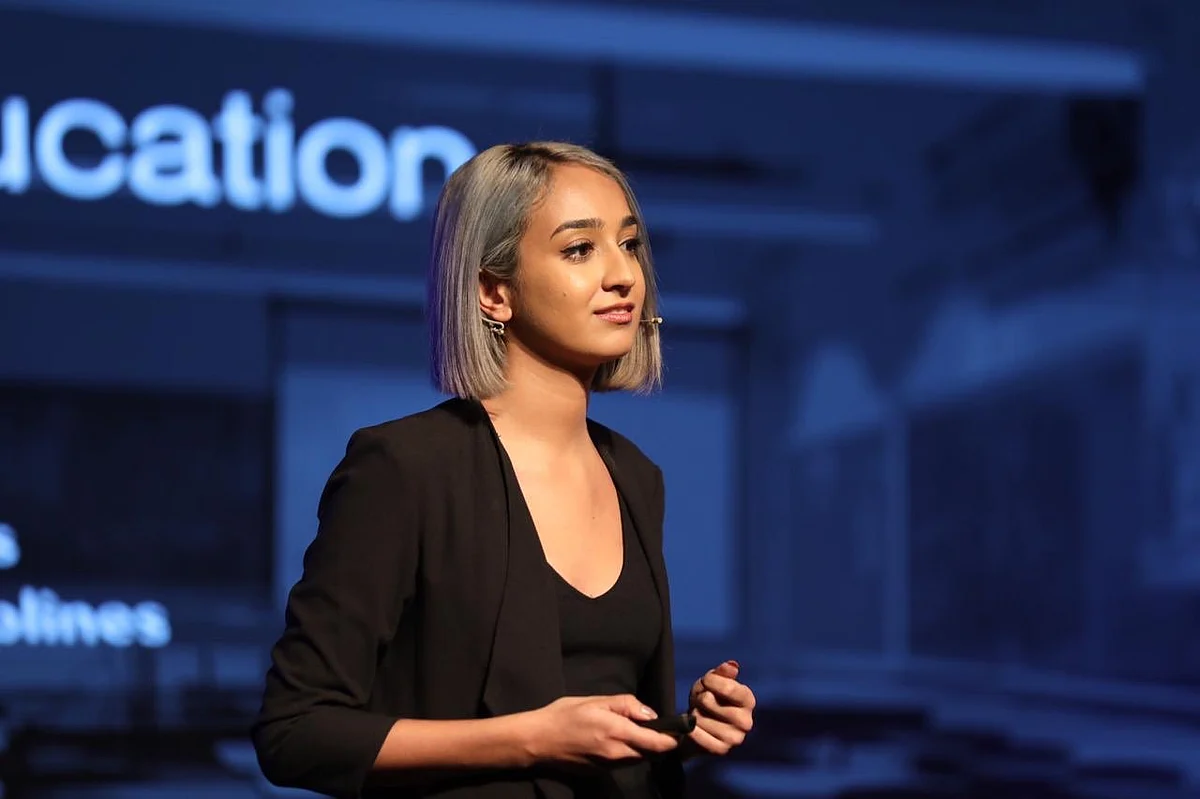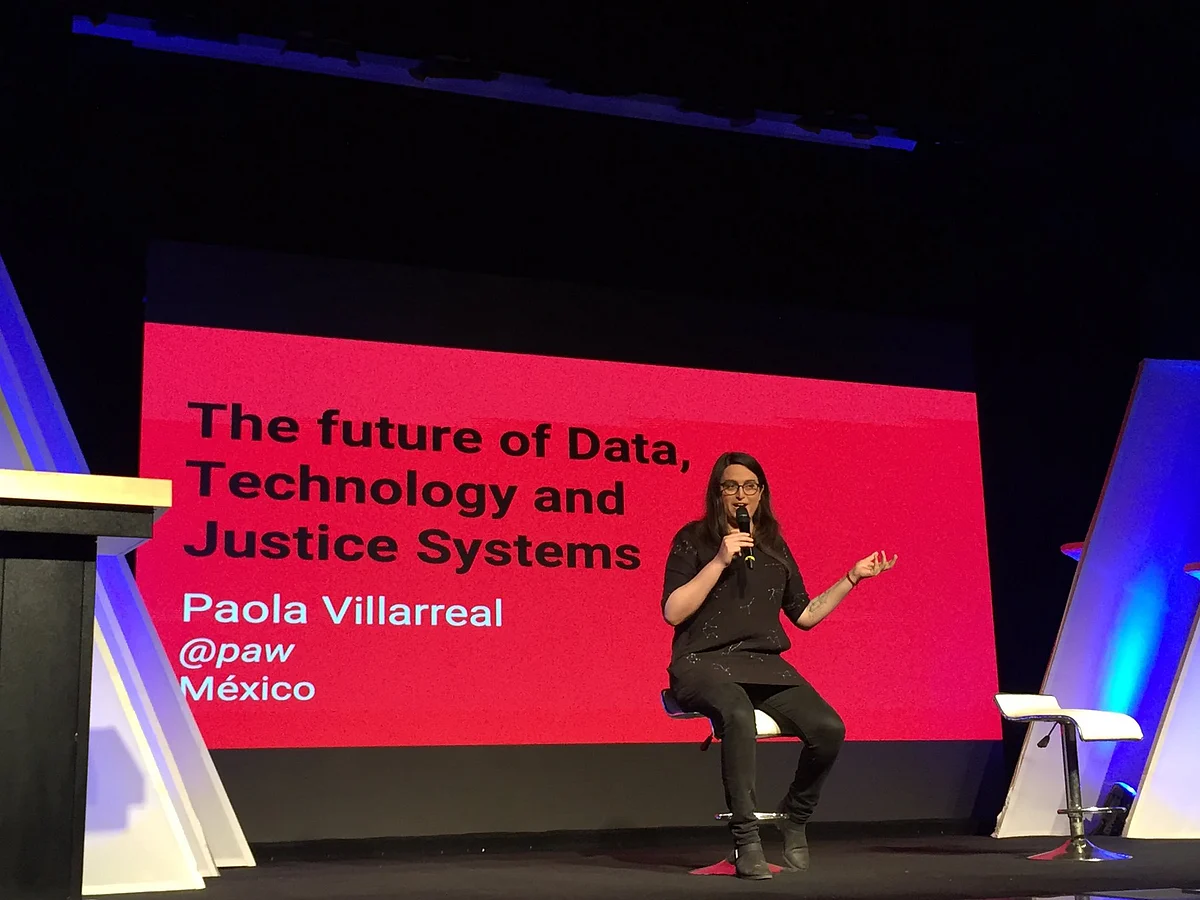BBC 100 Women: Imagining a future through women’s perspective
A number of women from across the world spoke on topics such as universal basic income, justice, identities and conquering space at an international event hosted by the BBC in Delhi on October 22

The BBC News hosted its award-winning brand BBC 100 Women in New Delhi’s Andhra Association on October 22. The theme of this conference was ‘The Female Future’ and at least 11 of the awardees attended the event and spoke on various issues such as universal basic income, justice, identities and conquering space.
“People, if provided with universal basic income, become creative. We want people to be creative,” said Marilyn Waring, a New Zealand based economist and author of the book ‘Counting for Nothing’, which highlights the value of women’s unpaid work.
Talking about using technology in criminal justice system, Paola Villarreal, a Mexico based self-taught computer programmer, said that India needs to develop its own algorithm that could assist the judges and help innocents implicated in false cases get reversal. She had helped reverse 23,000 racially-biased drugs convictions by developing algorithms in her country.
In addition, she won the MIT Innovators Under 35 Latam award for the project ‘Data for Justice’. She said that there is still time to use data and technology to redistribute power among historically forgotten people. A worried Paola said that if we don't act now, data and tech will only automate the status quo and inequalities that currently exist.
Sarah Martins Da Silva, a UK based consultant gynaecologist harnesses science, technology, investment and innovation in solving male infertility to try to stop women being subjected to unnecessary and invasive fertility treatments.
On the other hand, Danit Peleg, a fashion designer from Israel, uses technology to 3D print fashion dresses. She hopes that with newer printers coming in, the world will wear more 3D-printed clothes. She said that the printer will 3D print more printers and solve the issue once and for all. Also, it will leave zero residue. “It is like music, you can e-mail it to your friend,” she said.

Talking about techno-science and not discussing space is not possible. “We all are astronauts, moving on a blue planet with very high speed,” said Susmita Mohanty, a space entrepreneur from India. She added that it would be easier to take a tour to space in the coming years.
She also said that people from diverse backgrounds such as arts and humanities could also participate in space programmes. She said that reduction in costs of war and military budget and spending more in space science can help generate more funds and opportunities in the field.
Raya Bidshahri, an educator from Iran tried to bring a sense of awe and wonder to education through Awecademy, an organisation with a mission to use education to improve the world. “Current model is focused on producing students for factories,” she added.
Aranya Johar from India uses beat poetry to address issues like gender equality, mental health and body positivity.

Talking about body positivity, Natasha Noel, a yoga expert from India who was subjected to abuse as a child said that “I am learning to love myself a little more. As a child, I would think that anything that went wrong is because of me. But, I stopped feeling insecure,” she said, adding that “no one else but you can save yourself”.
Starting with a disclaimer that nothing she said was universal, Pragati Singh, an Indian doctor working on asexual people looking for relationships said that it was time we try increasingly inculcating ‘feminine’ characteristics in our feminism i.e., less 'strong', more 'empathetic’. Her mother, who was present in the audience, said that she accepts what her daughter was doing. She received a huge round of applause from the rest of the audience for standing up with her daughter.
The BBC had also invited Nandita Das, noted film-director and actor. Speaking at the event, she said that there was too much violence in the world. “There is no end to it. Having more women out would make world more compassionate and beautiful,” she said.
Follow us on: Facebook, Twitter, Google News, Instagram
Join our official telegram channel (@nationalherald) and stay updated with the latest headlines
